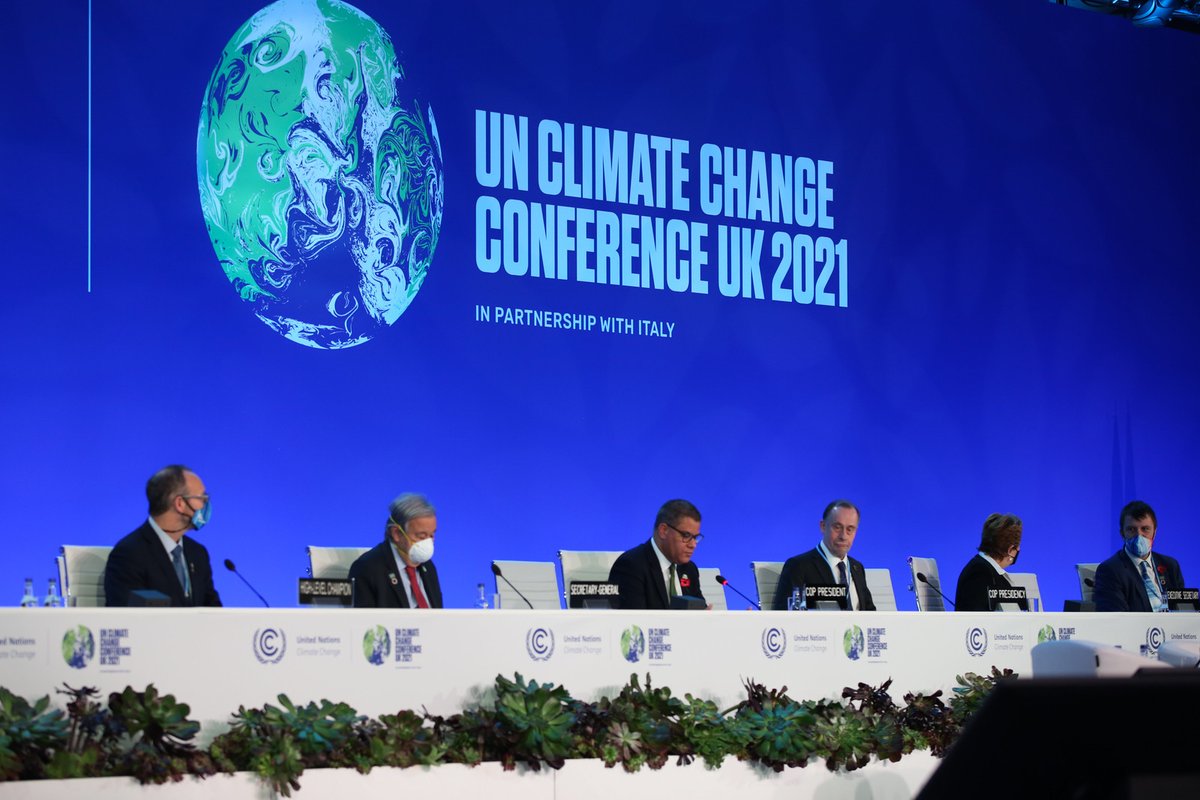The lede of this otherwise excellent story by @SominiSengupta, as well as the headline on A1 in the print version, make it sound as if the US was responsible for the failure of #COP25. That may fit the conventional narrative, but it’s wrong. nyti.ms/2PLkJaU
I’m told by a senior negotiator that the claim that the US blocked language on ambition is simply false: that was China & India. Having been in the USG, that rings true to me — and I know that enviro campaigners are often unduly paranoid about the US. But the issue runs deeper.
There’s no question that Trump and his administration have been a disaster for the planet. But at the int’l level they have undermined climate action by walking AWAY from the #ParisAgreement, not by actively interfering in the negotiations. It’s a sin of omission, not commission.
It’s important to understand the distinction for four reasons. First, the State Dept negotiators who represented the US in Madrid are dedicated, smart, well-respected professionals who should be THANKED for persevering, rather than tarred with the brush of their awful president.
Second, attributing long-standing US positions to Trump misconstrues the complexity of the issues involved. I get why many people are upset at the US position on loss & damage, but blaming it on Trump misses the rationale for it & therefore can’t lead to a solution or compromise.
Third, blaming the #COP25 outcome on the US may be reassuringly simple but lets other countries off the hook: Brazil, whose obstinance held up progress on Art 6 until the 11th hour; or Saudi, which always makes mischief; or even Chile, which was a well-meaning but weak President.
Finally, blaming the US also misses the way in which Trump’s shameful retreat from multilateralism and climate action has undermined US interests, long recognized by both R and D administrations, in high-integrity carbon markets, robust accounting, and above all transparency.
• • •
Missing some Tweet in this thread? You can try to
force a refresh





